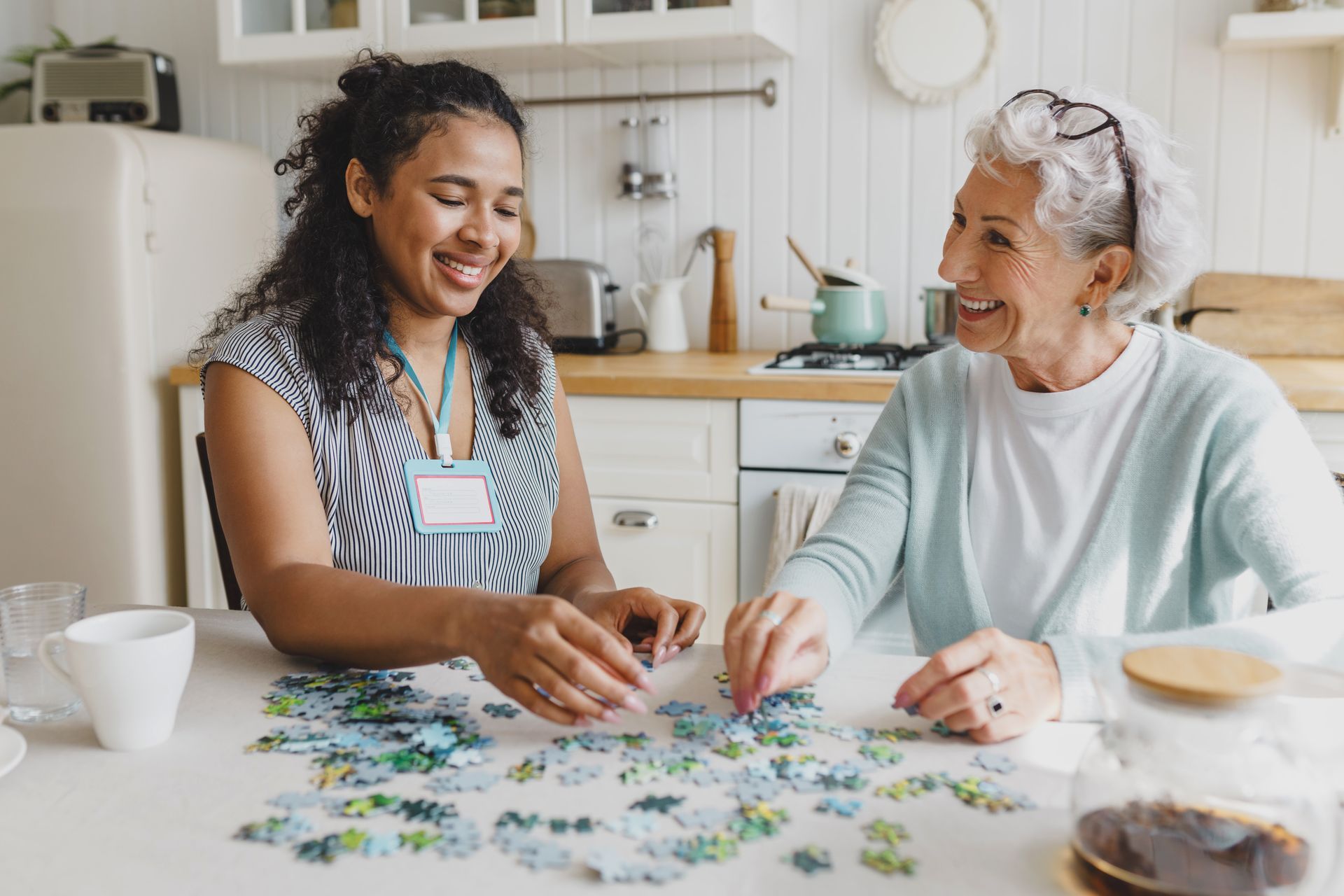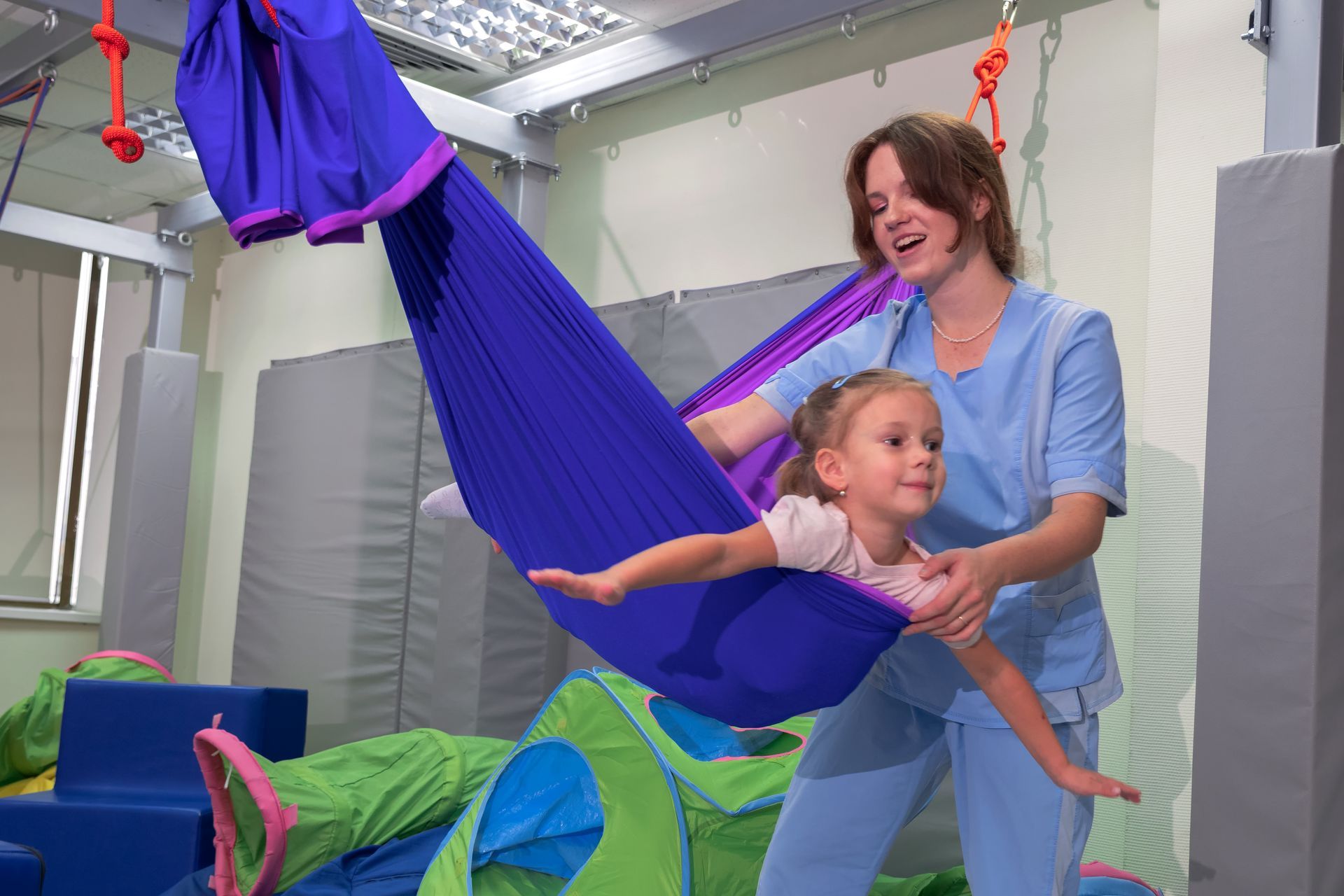Speaking Up for Safety: Integrating Dietetics and Speech Therapy in Food Allergy Management

This is a subtitle for your new post
In Australia, recent studies indicate that food allergies affect around 10% of infants, 4-8% of children, and about 2% of adults. This growing prevalence highlights the necessity for robust management strategies to ensure safety and quality of life(ASCIA).
Understanding Food Allergies
Food allergies are immune responses to harmless proteins in foods, perceived as threats, leading to symptoms that range from minor irritations to life-threatening anaphylaxis. Notably, hospital admissions for anaphylaxis have doubled over the last decade in Australia, signaling an increased need for effective allergy management (ASCIA).
The Role of Dietetics in Food Allergy Management
Dieticians play a critical role in allergy management by creating diet plans that avoid allergens while meeting nutritional needs. Dietitians also contribute to policy development and patient education, significantly reducing the risks associated with food allergies(Allied Health Professions Australia).
- Key Insight: Effective allergen management often involves intricate knowledge of food labelling laws, which Australian dietitians are well-versed in, ensuring safer food choices for allergy sufferers (Allied Health Professions Australia).
Speech Therapy's Contribution
Speech therapists enhance safety by improving communication around allergen information. They teach techniques for articulating dietary restrictions clearly and confidently, crucial in emergency situations where effective communication can prevent life-threatening reactions (Allied Health Professions Australia).
- Key Insight: Speech therapists are instrumental in training children with food allergies, through role-playing exercises, to advocate for themselves in school and social settings(Allied Health Professions Australia).
Integrative Approach to Allergy Management
The integration of dietetics and speech therapy offers a comprehensive strategy, improving dietary compliance and communication effectiveness. This approach is critical in educational settings where children must navigate their allergies independently.
- Key Insight: Collaborative workshops involving both dieticians and speech therapists have proven effective in schools, teaching children how to manage their allergies through diet and communication (Allied Health Professions Australia).
Managing food allergies effectively requires a coordinated approach involving both dietitians and speech therapists. By ensuring both dietary safety and clear communication, these professionals play a crucial role in safeguarding individuals against the risks associated with food allergies.
At helpz, our commitment to managing food allergies extends beyond isolated cases; it's woven into the comprehensive care we provide for various health conditions. We understand that food allergies can significantly impact the overall health and wellbeing of individuals, particularly when they coexist with other medical conditions.
Our integrated team of dieticians and speech therapists collaboratively develops personalised management plans tailored to each Participant’s specific needs. This approach ensures that managing food allergies is not just about avoiding allergens but also about enhancing overall health, communication, and safety, improving quality of life in a holistic manner.
If you or anyone you know could benefit from food allergy support please don’t hesitate to reach out to us.







